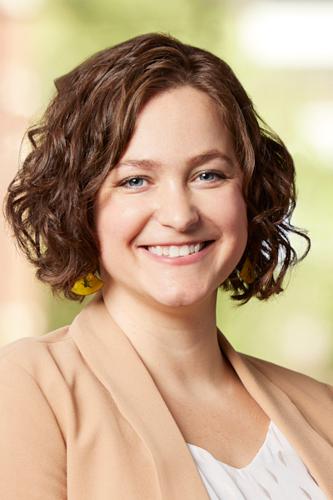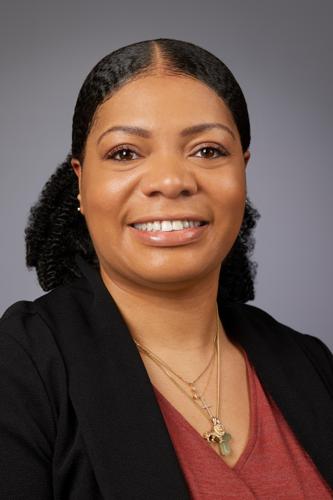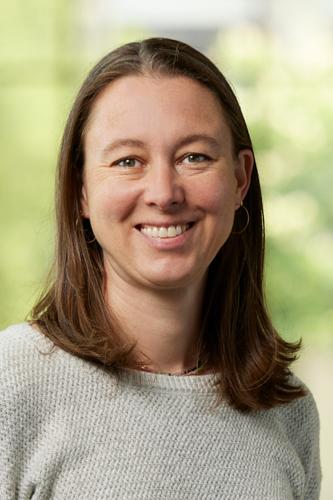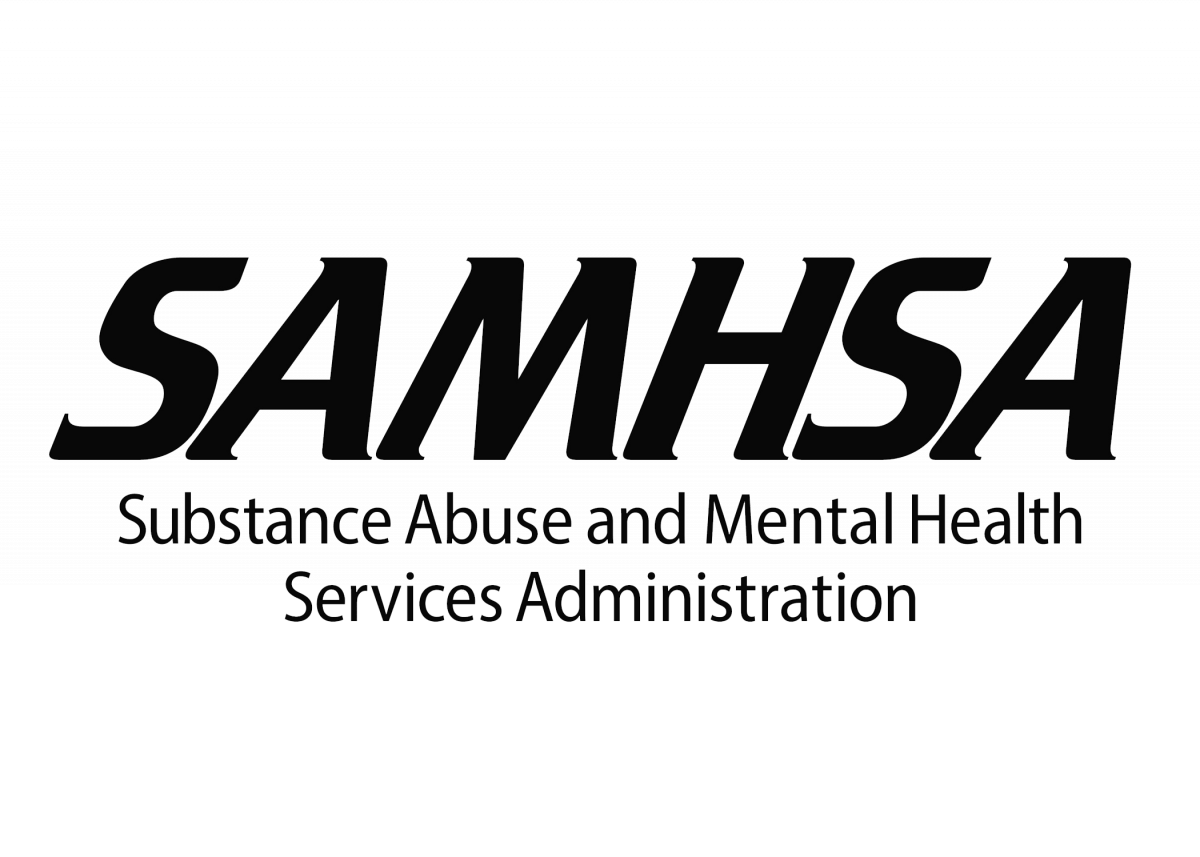Our goal is to develop, enhance and strengthen the ability of children and their families to reduce their trauma related symptoms and live fulfilling lives
The Boston Services for Trauma And Resources (STAR) program is dedicated to providing mental health services to children and adolescent patients who have experienced traumatic events. We provide evidence-based trauma treatment that is individualized for each patient’s needs, challenges, strengths, and goals. Our team works closely with children and adolescents, their families, and schools and community to enhance supports, reduce trauma symptoms, enhance well-being. Treatment through Boston STAR may occur via telehealth or in-person at Boston Medical Center, as clinically appropriate and accessible to the family, and can include referrals for additional clinical supports as indicated.
Boston STAR Services are available to children and adolescents who receive medical care at BMC or one of our affiliated community health centers.
If your child receives care elsewhere, please contact your pediatrician for referrals to behavioral health supports.
Request an Appointment
Make an appointment by phone: 617.414.3820
New Patients: Child and Adolescent Psychiatry phone number: 617.414.4561
Contact Us
Call (617) 414-3820 or email BostonSTAR@bmc.org for questions about the Boston STAR program including:
- Rescheduling an appointment
- Directions to our offices
- Hearing more about any of the services we provide
- Other questions about the program
Treatments and Services
Therapy: The Boston STAR team utilizes evidence-based treatments for trauma that have been effective when used with children and adolescents. These therapies include Trauma Systems Therapy (TST), Trauma-Focused Cognitive Behavioral Therapy (TF-CBT), and a brief coping skills intervention for children and adolescents with PTSD. Additional therapies may be available in the practice based on clinician availability.
Medication: Every child reacts to trauma differently. There may be instances in which medication is needed to support the child/adolescent. Child and adolescent psychiatrist will evaluate by speaking to the child/adolescent, therapist, and anyone else who works with the family and child/adolescent in order to make the best recommendation for medication.
Our Team
Sarah E Valentine, PhD

Ashley Jackson, LCSW

Liza A. Katz, LICSW


Maria Fantozzi, LCCSW


Lillian Gomes, Cultural Broker & Community Healthcare
Patient Resources
Sponsors
This program is made possible through:



